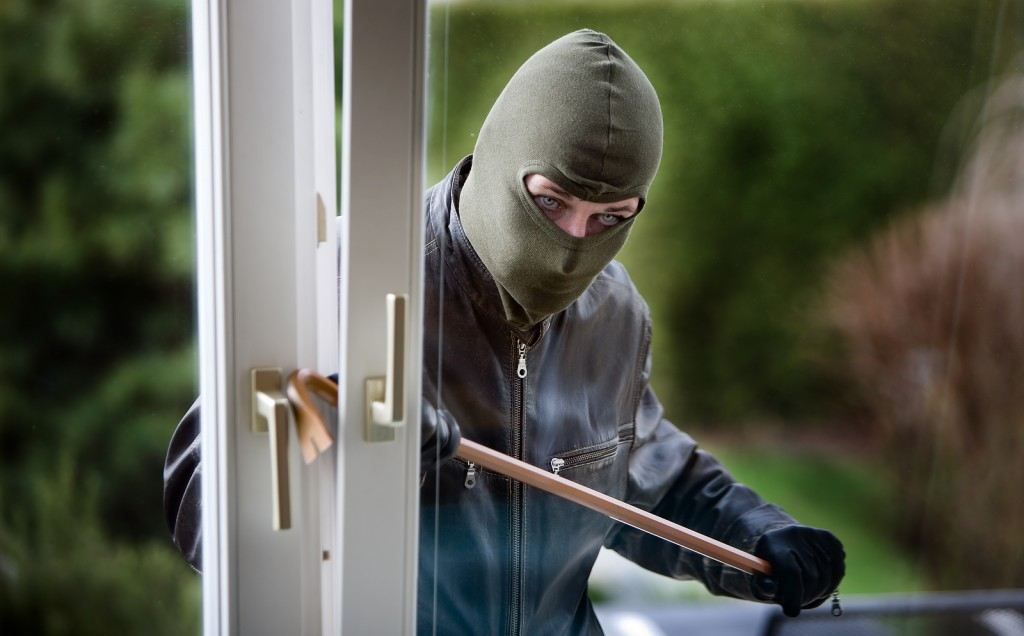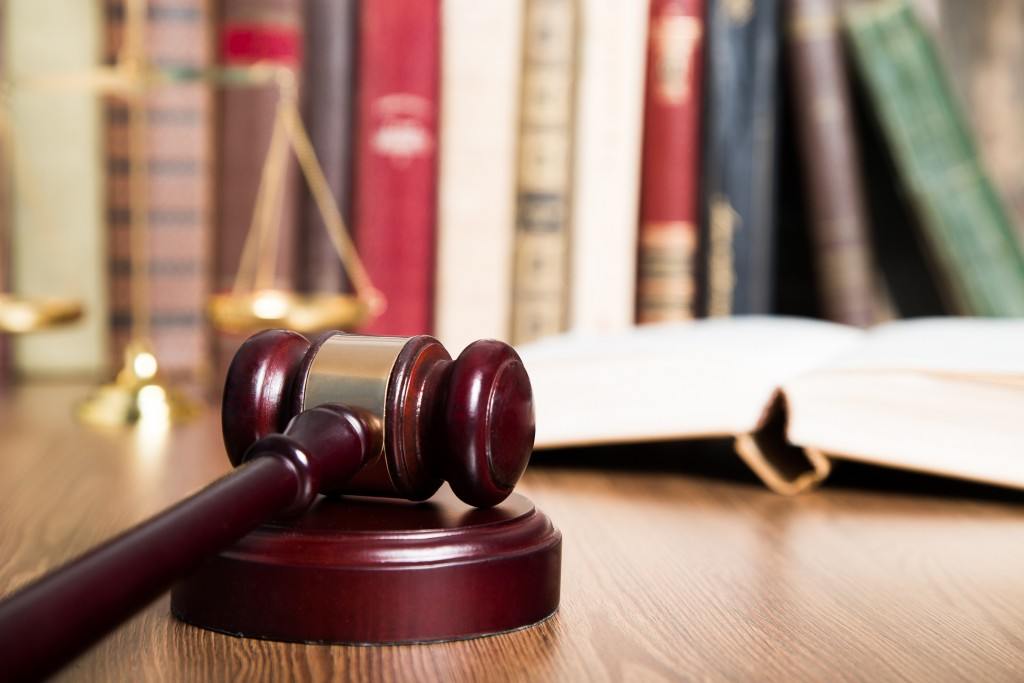New Jersey is home to a complex criminal code that criminalizes a vast array of behaviors and acts. The charges one can face under these laws can result in long prison sentences and financial penalties for individuals who are convicted. However, even the mere accusation and suspicion of criminal charges can result in serious consequences and damage to one’s reputation. Thus, handling the charges you face professionally and discretely at every stage is essential.
The criminal defense lawyers of the Law Offices of John J. Zarych can fight for you aggressively and strategically at all stages following your arrest for charges related to criminal trespass. Founding attorney John J. Zarych has more than 35 years of criminal defense experience. He and the other criminal defense attorneys of the firm can put this experience to work fighting to protect your reputation and freedom. To schedule a free, confidential consultation call our firm at (609) 616-4956 or contact us online today.
When Is an Arrest Appropriate Under NJ Law?
In New Jersey, an officer can arrest an individual when he or she has probable cause. Probable cause means that the facts and circumstances surrounding the arrest give rise to a reasonable conclusion that a criminal act is underway or has been committed. The officer must also be able to draw the reasonable conclusion that the person being arrested participated in the crime.
Often, the officer has probable cause to make the arrest based on the fact that the alleged crime or offense occurred in the officer’s presence. In other circumstances, the accused may allegedly admit to committing a crime to the officer. In other circumstances, the officer’s possession of a valid, judicially authorized warrant will justify an arrest. In still other instances, alleged commission of certain non-indictable offenses can also give rise to an arrest absent a warrant.
In terms of specific charges for criminal trespass, there are actually three distinct crimes that can be charged under this class of offenses. These criminal trespass charges are peering, unlicensed entry of certain airport areas, and standard criminal trespass.

Under 2C:18-3(a) When Can I be Convicted for Criminal Trespass?
N.J.S.A. 2C:18-3(a) sets forth the elements of the offense for criminal trespass. The relevant parts of the statute states that:
A person commits an offense if, knowing that he is not licensed or privileged to do so, he enters or surreptitiously remains in any research facility, structure or separately secured or occupied portion thereof.
Thus, there are two main elements that the state of New Jersey must prove to convict an individual of this crime. First, the state must prove beyond a reasonable shadow of a doubt that the defendant entered into or hid in a research facility, a structure, or a secured part or portion of a structure. Second, the state must prove that the defendant knowingly took these actions.
As to the first element the state must prove, a research facility can include a broad array of buildings. A research facility can include, “any building, laboratory, institution, organization, or school engaged in research, testing, educational or experimental activities, or any commercial or academic enterprise that uses warm-blooded or cold-blooded animals for food or fiber production, agriculture, research, testing, experimentation, or education.” Furthermore, a “structure” of any type is also included under this statute. Structure is defined extremely broadly and can include a:
- Building of any type
- Room
- Ship or boat
- Car, truck, van or another vehicle
- Airplane
- Hotel room or any similar place or space that has been adapted to provide for overnight accommodation or business
While the term “enters” is generally straightforward, the term “surreptitiously remains” can use some clarification. Generally, this term has been held to mean that the defendant, “remained secretly, stealthily, or fraudulently.”
The state must prove that the individual committed this act or these acts knowingly or with knowledge. To take action with knowledge in these circumstances means that the individual was aware that he or she did not have authorization, privilege, or license to enter into or remain hidden in the structure. Courts typically hold that this knowledge does not have to be a certainty and that a high probability of awareness would suffice.
There are a number of potential defenses to these criminal charges. First, the accused may claim that the structure was abandoned. A structure is abandoned when it has been vacated without intent to return by the owner. The defendant may also claim that the structure was held open to the public and the accused did not exceed the authorization customarily granted to the public. The defendant may also attempt a defense stating that he or she believed that his or her presence or entry was authorized.
When Can I be Punished for Peering or Peeping Criminal Trespass Charges?
Another type of criminal charge that is defined under the criminal trespass statute is known as peering. This crime may be described by a layperson as “peeping” or a “peeping Tom.” While the crime can be committed against an individual in a private home or residence, it can also be charged due to events that allegedly occur in an Atlantic City, Wildwood, or Cape May hotel room.
The crime of peering is defined in NJSA 2C:18-3(c) as when an individual:
…peers into a window or other opening of a dwelling or other structure adapted for overnight accommodation for the purpose of invading the privacy of another person and under circumstances in which a reasonable person in the dwelling or other structure would not expect to be observed.
Thus, to prove this offense and convict an individual for peering charges, the New Jersey prosecutor musty prove four elements. First, the prosecutor must prove that the defendant actually peered into a window or another opening of a dwelling or other structure. The definition of a structure is extremely similar to the description in the previous section in the sense that the definition is broad and the place must be adapted for overnight accommodation. Next, the state must prove that the defendant “peered” despite knowing that he or she did not have the right to do so. Furthermore, the peering that allegedly occurred must have been done for the purpose of invading the privacy of another person. Finally, the state must prove that the person in the home, hotel room, or another dwelling must have been in a situation where he or she would not expect to be observed.

When Can I be Found Guilty of Unlicensed Entry of Certain Airport Areas Criminal Trespass Charges?
The final charge that falls under the generalized crime of criminal trespass is the unlicensed entry of certain airport areas. Under NJSA 2C:18-3(a), individuals who enter into certain restricted areas of Atlantic City International Airport or any other airport in the state can face criminal charges. NJSA 2C:18-3(a) states that:
A person commits an offense if, knowing that he is not licensed or privileged to do so, he enters or surreptitiously remains in the sterile area or operational area of an airport.
Under this statute, the sterile area generally means an area in the airport that is used for security or operational purposes as defined and approved by the Transportation Security Authority (TSA), air carriers, and aircraft operators. These areas are areas where access and admittance are generally controlled where individuals may be required to pass through a screening process to gain admittance.
Generally, there are two elements the state must prove to hold an individual liable for criminal consequences. These elements are relatively similar to those set forth for standard criminal trespass. A New Jersey prosecutor must first prove that the defendant entered into or surreptitiously remained in a sterile or operational area of the airport. Second, the prosecutor must prove that the individual took this action while having knowledge that he or she did not have authorization or a right to enter or to remain in the area.
Contact Experienced Criminal Defense Lawyers When Facing New Jersey Criminal Trespassing Charges
If you are facing criminal trespass charges, you could face serious penalties. When facing serious criminal charges, you should think twice before facing an experienced prosecutor without representation. The prosecutor will not hesitate to utilize his or her experience and your relative lack of familiarity against you.
Work with the experienced attorneys of the Law Office of John J. Zarych. Our founding attorney has more than 35 years of practical criminal defense experience that he can use to stand up to the charges you face. All of our attorneys will fight aggressively and strategically on your behalf. To schedule a free and confidential legal consultation, call our firm at (609) 616-4956 or contact us online today. Our law offices are conveniently located in Atlantic City, Northfield, Wildwood, and Cape May.







